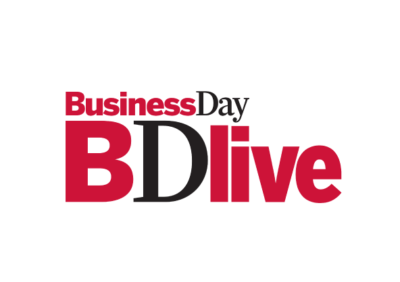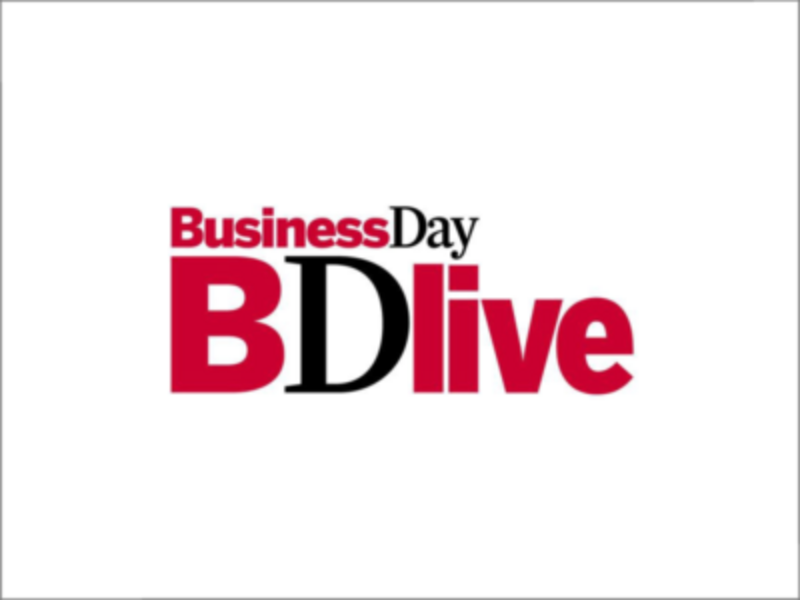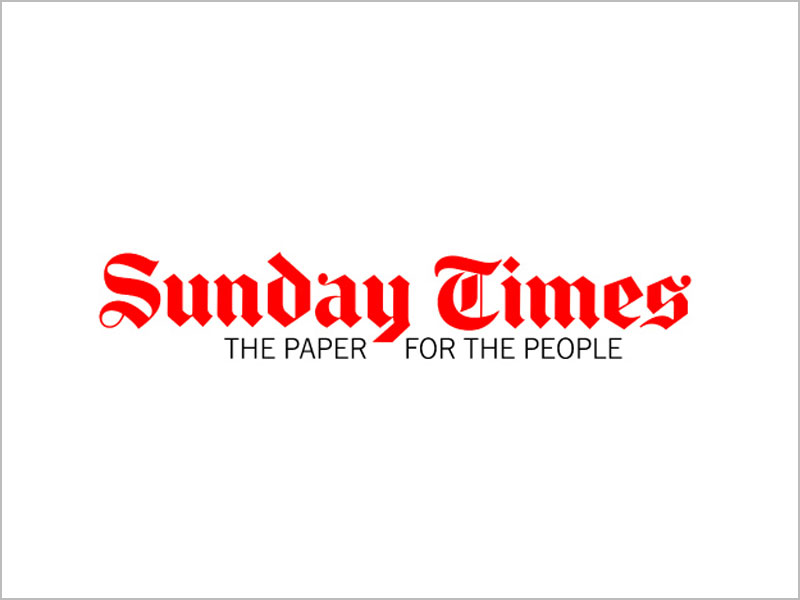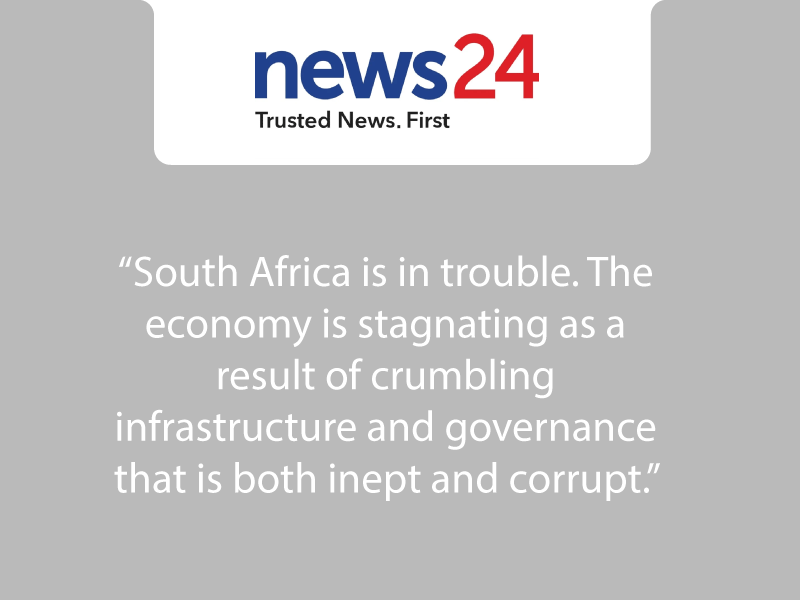
The most effective use of private money to improve education was to try to influence public spending, a Johannesburg-based think tank said yesterday.
While business spent “a great deal of time and money” on projects, they had not improved the education system, and individual projects were not effective tools for system-wide quality improvement, said Centre for Development and Enterprise (CDE) executive director Ann Bernstein.
SA’s education system was large and complex, and private spending was “a drop in the ocean” compared to state money, the CDE said in a just-published report on a workshop held in Washington last December to establish what local business could learn from the US about funding improvements in education.
Both countries had large, complex and unequal education systems on which they spent “massive” amounts of government money, said Bernstein. One of the key lessons learned was that private education funding was much smaller than public funding and so private money was best spent lobbying for better public spending.
“Many of the items supplied by philanthropists — such as new technology, or staff development — could be purchased with public (money).
“ It is important to ask why public schools don’t buy these products and services themselves. Once the barriers have been identified, limited private (monies) would be spent most effectively by advocating the removal of the barrier, and convincing public (money) to support the idea,” said Prof Jay Green of the University of Arkansas.
This article in based on the CDE report Business and schooling reform: What can we learn from experience in the United States?




